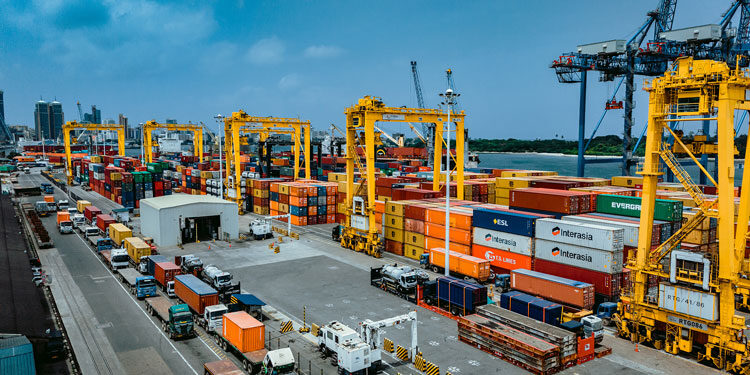Shippers using Tanzanian ports have received a significant boost following the Tanzania Ports Authority’s (TPA) decision to extend the free storage period for imports to the Democratic Republic of Congo (DRC) and Uganda.
The public notice, signed by Dr. Baraka R. Mdima, Acting Director General of TPA, stated that the extension aims to ease logistical challenges for landlocked countries. Previously, the allowable free storage period was limited to 15 days, after which penalties would apply. The new measure is expected to reduce costs for freight forwarders and importers, while improving cargo flow along regional corridors.
“This decision shows that government agencies are listening and responding to the realities on the ground,” said Mr. Charles Mwebembezi, President of the Federation of East African Freight Forwarders Associations (FEAFFA). “It’s a positive move that reflects genuine efforts to promote trade facilitation.”
He added, “Such cooperation is essential for growing intra-regional trade.”
Mr. Edward Urio, Chairman of the Tanzania Freight Forwarders Association (TAFFA), welcomed the decision, noting that it reflects the government’s responsiveness to industry concerns.
“TAFFA’s close cooperation with the Tanzania Ports Authority and other stakeholders is finally bearing fruit,” he said in a telephone interview with Freight Logistics Magazine. “Our priority is to deepen collaboration with the government to strengthen trade facilitation and position Tanzania as a competitive logistics hub.”
The decision comes amid broader improvements witnessed within the Port of Dar es Salaam. Recent port modernization projects, including the expansion of Dar es Salaam Port and the operationalization of the new Kwala Dry Port, have enhanced cargo handling, reduced turnaround times, and increased efficiency. Under new concession agreements with global operators like DP World and Adani Ports, TPA has also recorded higher revenues and throughput, further cementing its role as a strategic trade hub for East and Central Africa.
The directive is expected to streamline operations further, particularly for regional traders relying on Tanzanian ports, and underscores the government’s ongoing commitment to facilitating cross-border trade through responsive and modern port management.
Freight forwarders continue to agitate for faster, more reliable, and predictable port processes to reduce cargo dwell time and associated costs. Ports are urged not to use existing provisions as a pretext for inefficiencies. To attract more cargo volumes and ship calls, ports must enhance their global competitiveness, an area where East Africa’s two main ports still lag.
The article was published by Andrew Onionga, the Communications and Advocacy Officer at the Federation of East African Freight Forwarders Associations (EAFFA), and can be reached via onionga@feaffa.com / oniongaam@gmail.com Tel: +254733780240





